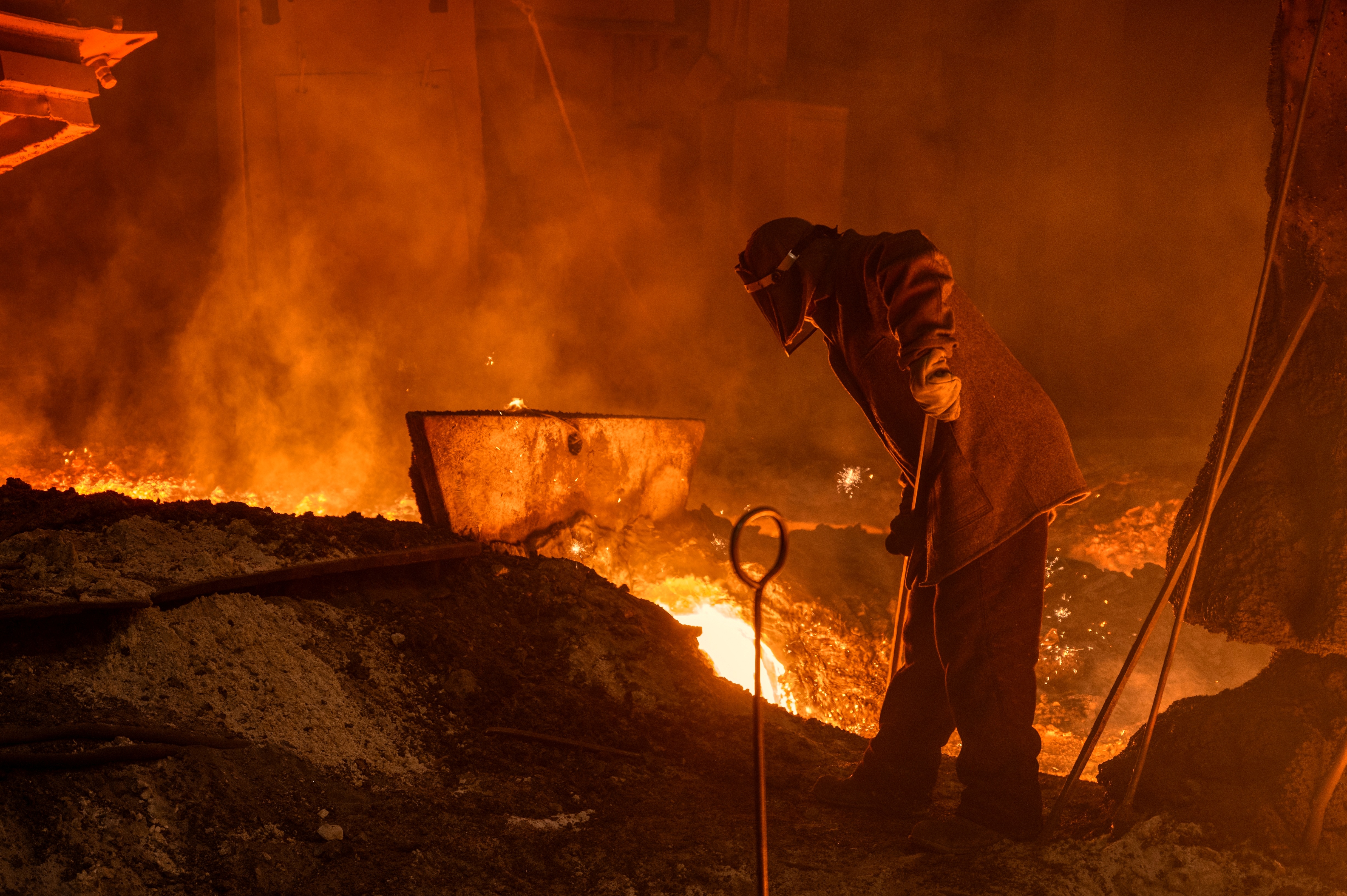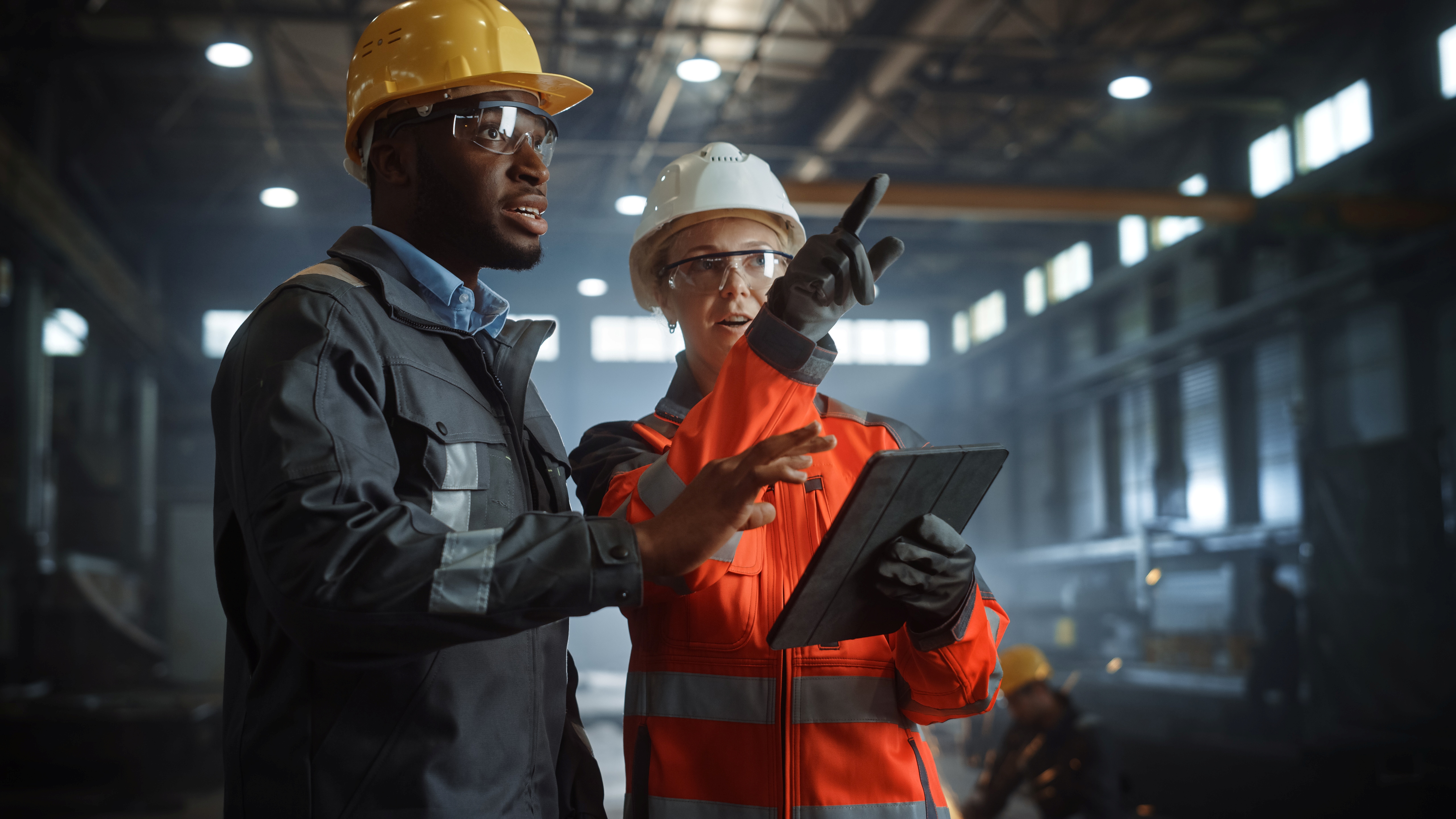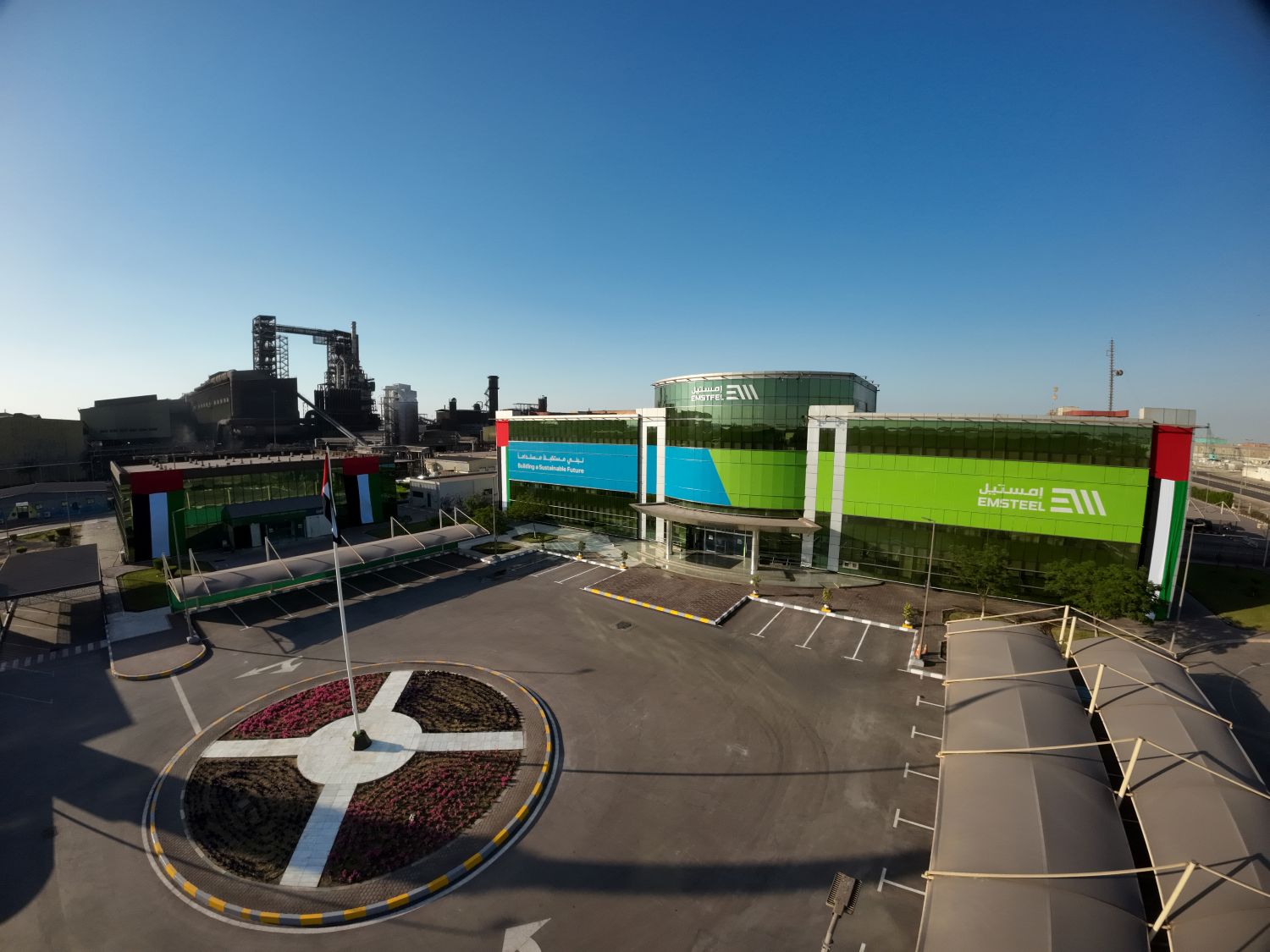

Suspension of certain auditing activities
ResponsibleSteel expresses grave concern about actions that compromise global peace and give rise to humanitarian crises. The principles which form the ResponsibleSteel Standard emphasise, among other matters, the importance of protecting and promoting human rights, labour rights, and safe and healthy workplaces, as well as legal compliance. The current and ongoing actions of aggression of the Russian Federation in Ukraine do not align with ResponsibleSteel’s principles, and ResponsibleSteel agrees that such actions violate International Law.
Due to the evolving nature of Governmental sanctions affecting certain organisations and individuals in the international steel industry, as imposed by the EU, Australia and other countries and organisations, ResponsibleSteel has decided that it is necessary to impose a suspension on the auditing of facilities of certain members.
At this stage, because of the circumstances described above, as well as the order of the International Court of Justice for the Russian Federation to immediately cease its military operations in Ukraine, this action only affects members who ResponsibleSteel considers have significant operations in, or substantive connections to, the Russian Federation.
All members affected by this ResponsibleSteel decision will be individually contacted to have the situation explained to them. A suspension of auditing does not alter an affected member’s membership rights in ResponsibleSteel.
ResponsibleSteel will reconsider this decision regularly. ResponsibleSteel is hopeful that as soon as is possible, bearing in mind prevailing sanctions regimes, geopolitical stability, and other relevant circumstances, auditing suspensions will be promptly lifted.
This decision of ResponsibleSteel should not be taken to imply that any particular member of ResponsibleSteel, or any officer or employee of a member of ResponsibleSteel, has engaged in any wrongdoing or other inappropriate conduct. ResponsibleSteel simply believes that a generalised, and consistent, position on suspension of auditing is an effective measure to ensure that ResponsibleSteel does not breach any of its obligations under international or domestic laws, that personnel involved in the auditing process can carry out their duties independently and effectively and are not subject to any increased risks to their personal health and safety, and that engagement of stakeholders in the auditing process can be effective.
It may be that, over time, Governmental sanctions and other circumstances require ResponsibleSteel to take further action, including expanding limitations on auditing activities, and action affecting memberships, but such steps are not being considered at this stage.
For enquiries or comments, please contact:
Ali Lucas, Acting CEO and Communications Director +44 (0) 7786 546 724


March 2022 Newsletter
Please view our March 2022 newsletter by clicking the link below:


First certified steelmaking site in Latin America announced: ArcelorMittal Tubarão, Brazil
ResponsibleSteel has awarded the world’s first certification to a steelmaking site in Latin America. ArcelorMittal Tubarão is the first industrial plant in Latin America to receive the sustainability certification for its operations.
Ali Lucas, acting CEO for Responsible Steel, said “The steel sector has been strongly affected by the Covid-19 pandemic and its recovery is essential to the region. But growth cannot, and should not, occur at all costs. For this reason, being granted the first ResponsibleSteel certificate is extremely important. This is not an easily achieved accomplishment and the highlights of the sector are not focused only on decarbonization processes but also on the respect for human rights, labour rights and local communities always ensuring that health and safety remain a priority and focusing on the larger spectrum of ESG principles. The importance of a responsible steel supply chain is in line with the Latin America stakeholders, who know very well the connections between mining and steel production. This is the reason why a responsible supply chain will become an important and growing part of the ResponsibleSteel certification process. We applaud ArcelorMittal Tubarão on this momentous achievement.”
For more on ResponsibleSteel’s certification and Standards click here: https://www.responsiblesteel.org/certification
For more on the story click here: https://brasil.arcelormittal.com/sala-imprensa/noticias/tubarao/arcelormittal-tubarao-obtem-certificacao-em-sustentabilidade-inedita-nas-americas


International Women’s Day
Today is International Women’s Day. A day to celebrate women leaders everywhere who are campaigning for a better, more sustainable and just world. To highlight the day, we asked two women from ResponsibleSteel – Hayley Jarick and Ali Lucas- to tell us what International Women’s Day means for them.
Hayley Jarick is Director ResponsibleSteel, CEO and Company Secretary of the Supply Chain Sustainability School Limited, worked many roles in many industries, mentor, volunteer, wife, and mum.
Ali Lucas is ResponsibleSteel’s Acting CEO. Ali worked on the launch of the Forest Stewardship Council and leading campaigns against the illegal trade in wildlife. She was a co-founder of The Climate Group and led WWF UK’s marketing and communications work delivering annual income of £70 million. Ali joined ResponsibleSteel in 2019.
What does International Women’s day mean to you?
HJ: It is a day where women are socially permitted to celebrate their achievements without the negative stigma that typically follows boasting. However, it is also a day to reflect on the zealousness of your ambitions and those you officially/unofficially lead.
AL: It’s a reminder – a time to reflect on women in leadership and know that seeing women in different roles of leadership is important in changing the future for young girls
Tell us how you first became involved in the environment movement?
HJ: I was born. It’s always been a core value of mine, but I only started working in the field after being inspired by an amazing woman, Amy Luscombe, who showed me how to unite my personal values with my career.
AL: I was drawn to working for an organisation that I had supported during my childhood – World Wildlife Fund – which worked globally to save species and their habitats
What’s the best thing about your job?
HJ: The best thing about my job is working for purpose. I know that one day I can sit back and tell my kids and grandkids that I spent my time and used my talent in the pursuit of making the world a better place for them and future generations.
AL: Being able to see how different sectors can achieve real impact by working together – not always an easy conversation !
Your proudest “environmental or ESG” moment? Why?
HJ: I work with a diverse group of people from various industries and sized organisations. And the one thing that gives me pride, above all others, is the look in an individual’s eye when they first realise the opportunities and benefits of sustainability for themselves, their family and their career.
AL: Launching The Climate Group at a time when, unbelievably, the issue of climate change was just emerging into mainstream dialogue.
What role does gender play in the climate crisis do you think?
HJ: I don’t think gender plays a role explicitly, but the lack of diversity more broadly in crucial decision-making positions is a significant contributor to human-induced climate change.
AL: The real impacts of climate change are more than often felt at a devastating human level – for example floods and drought where women tend to be on the front line of dealing with the practical problems – quite literally, survival.
Are there enough women leaders in climate change? And if not, how can we change this?
HJ: There are plenty of women leaders in climate change; you just have to look at groups like 1 Million Women {https://www.1millionwomen.com.au/}. The problem is we need more followers of all genders.
AL: There are many pioneering women working on climate change around the globe. It’s an exciting arena for women representing many different aspects of this issue – including science. Women everywhere are rising to the challenge and leading on solutions. I find many women in this field, including the women I work with and our members, very inspiring. They give me hope.
What does Responsibility mean to you?
HJ: Responsibility is owning the impact of our actions and apathy, intentional or incidental, whether detrimental or delightful.
AL: It really is every person playing their own part on a daily basis – small changes in personal behaviour can have a big influence and a real impact.
Through history, which famous environmental or social justice (or both) leaders have inspired you and why?
HJ: When I was a teenager, I was privileged enough to hear a live address from Hafsat Abiola, an inspiration advocate for democracy, gender equality and women’s leadership in Africa and around the globe. She responded to her father’s imprisonment and assassination of her mother by founding the Kudirat Initiative for Democracy (KIND) and continuing the progress her parents started. After hearing her story, many of us in the room wanted to know how we could help her. Her response has stuck with me ever since. She didn’t want us to help her. Instead, she wanted us to find a cause that had meaning for us and to be passionate about that.
AL: Christiana de Figueres. She is such as icon and recognised leader on global climate change. Assuming responsibility for the international climate change negotiations after the failed Copenhagen conference of 2009, she was determined to lead the process to a universally agreed regulatory framework – and she did it!
Do you have a favourite ecosystem/flagship species? If so, what is it and why?
HJ: Not favourites, but the connections between species still intrigue me.
AL: I’ve always been drawn to the Arctic – very enigmatic and mysterious – that very fragile ecosystem of giant expanses of ice and snow, huge icebergs, drifting in the arctic seas supporting a myriad of plant and animal life …and a huge indicator of how the world’s climate is changing
In a sentence, what is leadership?
HJ: Leadership is inspiring and helping others become their best selves.
AL: Having a clear vision – being able to listen but having confidence to take the decisions
Inspiring stuff! Meanwhile, we’d also love to know from all our members and supporters who inspires you? Please do leave a comment on our Twitter or LinkedIn.


February 2022 Newsletter
Please view our February 2022 newsletter by clicking the link below:


ResponsibleSteel announces world’s first certified steelmaking site in Australia: BlueScope Port Kembla Steel Works
ResponsibleSteel has awarded the world’s first certification to a steelmaking site in Australia. The BlueScope Australian Steel Products Manufacturing site in Port Kembla, Australia manufactures plain carbon steel, low alloy steel and large structural steel products including continuously cast slabs, hot rolled plate, and hot rolled, cold rolled, metal coated and organic coated flat steel strip in coil form.
ResponsibleSteel acting CEO, Ali Lucas said :
“Having the first ResponsibleSteel certified site in Australia is critically important. Australia’s steel industry generated $29 billion in annual revenue and employs over 110,000 Australians. Australia is also one of the most critical biospheres on earth.”
“The successful assessment of a steel making site against the very exacting criteria within the ResponsibleSteel Standard highlights the importance of a steel sector not only focused on decarbonisation but also on ensuring that health and safety remains of paramount importance, respecting human rights, worker rights and local communities, and focused on the whole ESG spectrum.”
“We applaud BlueScope on this momentous achievement and look forward to working with them closely on the next stage of their journey – certified Steel, which will further reassure business and consumers that the steel they use has been not only produced responsibly but also sourced responsibly at every stage of its journey.”
BlueScope’s commitment will send a clear and strong message to markets, investors, financiers and governments about the steel industry’s intent to not only decarbonise steel production, but also to ensure responsible ESG practices in steelmaking, has well and truly begun.”
For more on story click here. https://www.bluescope.com/sustainable-steel/responsiblesteel


January 2022 Newsletter
Please view our January 2022 newsletter by clicking the link below:


December 2021 Newsletter
Please view our December 2021 newsletter by clicking the link below:


Methane and Steel
A few months ago, the United States, the European Union, and partners formally launched the Global Methane Pledge, an initiative to reduce global methane emissions to keep the goal of limiting warming to 1.5 degrees Celsius within reach. A total of over 100 countries representing 70% of the global economy and nearly half of anthropogenic methane emissions have now signed onto the pledge. Methane emissions are particularly relevant to the steel industry. Below you can read Ember’s view on the importance of dealing properly with methane emissions from metallurgical coal, the responses steel makers could have to this challenge. We also asked one of our members North Coal what they were doing to address this issue at their proposed site.
Steel’s Methane Footprint – Ember
For steel industries, there are two reasons that methane is a major climate change imperative. Firstly, combined coal mine methane emissions have an enormous impact on climate change in the short term, outstripping the EU’s total carbon emissions according to Ember analysis. Secondly, the steel industry is a major consumer of metallurgical coal, which is associated with some of the highest methane emissions of any type of coal mining.

We estimate that coal mine methane associated with steel production generates 15.9 billion cubic meters of methane per year. This is equivalent to the total CO2 emissions of Germany and the United Kingdom combined, substantially to the global warming effect of blast furnace steel. These emissions should be included in corporate scope 3 emissions, but to date, they have not.
So what can the industry do? Steel companies can take the initiative and demand that their suppliers of coke or coking coal 1) properly measure the methane emissions associated with its production and, 2) take aggressive action to mitigate unnecessary venting of coal mine methane. Our analysis shows that much of this methane can be profitably utilized to generate electricity, or otherwise destroyed via flaring or oxidation at very low cost.
This will also help future-proof supply chains, as it is increasingly likely new regulations will affect methane emissions from coal. The United Nations Climate Change Conference in Glasgow in November (COP26) put methane on the top of the climate agenda, with over 100 countries signing the Global Methane Pledge. The United States and the European Union are both following up with ambitious legislative packages, which could push coal companies to measure, report and mitigate methane emissions.
North Coal
ResponsibleSteel Members with coal mines are very well aware of the challenges caused by methane emissions which is why they are taking actions. For example, North Coal agrees that steel companies should demand properly measured emissions from all raw materials sourced, and raw material providers should take action to mitigate their Scope 1 and 2 emissions including mine methane. It is a position North Coal supports and has taken action on. North Coal is focused on providing steelmakers with carbon-neutral metallurgical coal with minimal Scope 1 and 2 emissions and has partnered with the Bradshaw Research Institute for Mining and Minerals (BRIMM) at the University of British Columbia to quantify emissions and develop a strategy and tactical plans to net-zero. This will include a mine design that minimizes emission emitting equipment while also taking advantage of available clean hydroelectricity. Working with BRIMM we will also accurately measure fugitive seam emissions and look to develop strategies to drain fugitive methane pre-mining and explore alternative uses for the gas that lowers its emission footprint.
North Coal has also partnered with Circulor Limited to establish metallurgical coal traceability and dynamically track CO2 and environmental, social, and governance (ESG) performance. Traceability allows North Coal to demonstrate both carbon and other sustainability performance and the higher value-in-use that net-zero coal has for blast furnace steelmakers. This data is increasingly critical to steel manufacturers’ growing imperative to ensure their supply chain has the lowest possible CO2 emissions and to demonstrate ethical sourcing.
North Coal – https://northcoal.ca/
North Coal and Circulor partnership: https://www.worldcoal.com/coal/02112021/north-coal-and-circulor-partner-to-support-esg-transparency/
BRIMM at University of British Columbia – https://brimm.ubc.ca/
Circulor – https://www.circulor.com/


2021 in review
2021 has been a breakthrough year for ResponsibleSteel. This video looks at our year in review as well as signalling ahead to the huge opportunities that 2022 will bring.


ResponsibleSteel’s Standard incorporated into CRU’s Emissions Analysis Tool
ResponsibleSteel, the steel sector’s first global multi-stakeholder certification and standard initiative, and CRU Group, the leading global mining, metals and fertilizer market intelligence company, have signed a Memorandum of Understanding (MOU) which includes the integration of the ResponsibleSteel Standard into CRU’s Emissions Analysis Tool.
The CRU Emissions Analysis Tool is a digital platform that compares emissions across global value chains. The tool compares asset level sustainability data which will now include acknowledgement that a steel site has been audited and passes the rigorous standards laid out in ResponsibleSteel’s certification programme.
The MOU between ResponsibleSteel and CRU allows the industry to accelerate its sustainability journey. Key benefits of the partnership include:
- Increase global knowledge and awareness of steel and steelmaking raw materials value chains and their material sustainability issues,
- Maximise opportunities for improvement in value chain sustainability, through increased transparency,
- Enhance analysis and transparency of steel and steelmaking raw material assets-, products-, corporates-, and sector-related performance for all stakeholders,
- Develop and share science- and data-based approaches to supply chain risk mitigation and resilience.
On the partnership, Chief Executive of ResponsibleSteel Anne-Claire Howard stated: “I am delighted to formalise our collaboration with CRU through this Memorandum of Understanding. The integration of ResponsibleSteel published information on ResponsibleSteel certification status into the CRU Tool will increase stakeholders understanding of sustainability efforts in the steel sector, allow comparability across the sector and along supply chains and provide transparency of where improvements are taking place and we hope that in 2022 we will be able to add certified steel to this.
CRU’s Head of Research Development, Lavan Mahadeva echoed Howard, “Most of the headlines on sustainability in steel have been on carbon emissions and the industry’s large carbon emissions footprint. CRU developed our expert cost model carbon emissions calculations for the steel value chain and our Emissions Analysis Tool data portal to bring evidence to this debate. We are delighted to represent ResponsibleSteel in our data portal and to support them in their task of promoting and enlightening on all aspects of the responsible sourcing, production, use and recycling of steel, a material that we cannot do without.”
Discussing the partnership and developments along the pathway to sustainable steel, ReponsibleSteel and CRU will host a webinar in January 2022. Steel producers, sustainability leaders, policymakers and investors are encouraged to attend the free session. Register your interest here.


November 2021 Newsletter
Please view our November 2021 newsletter by clicking the link below:

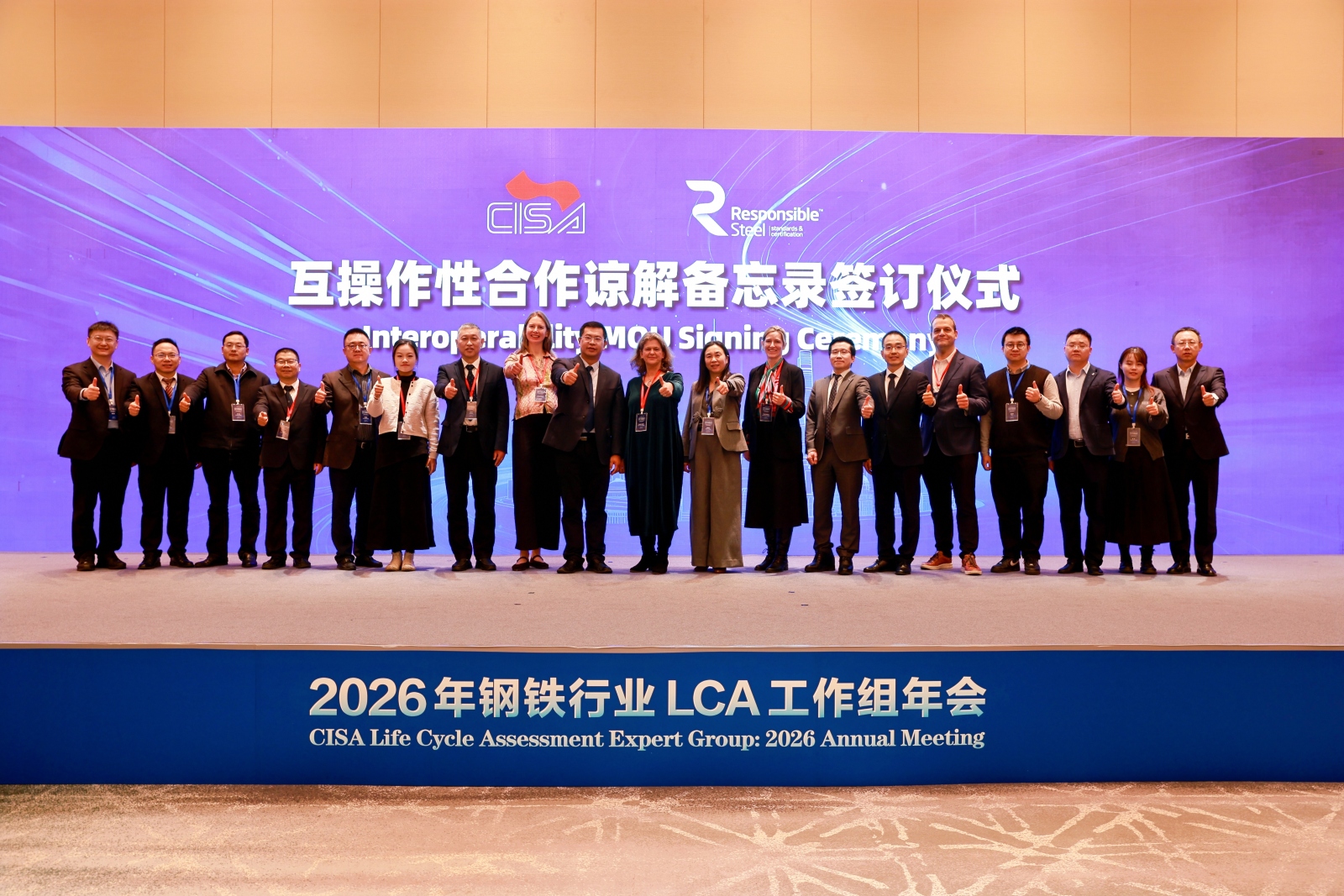

.jpg)
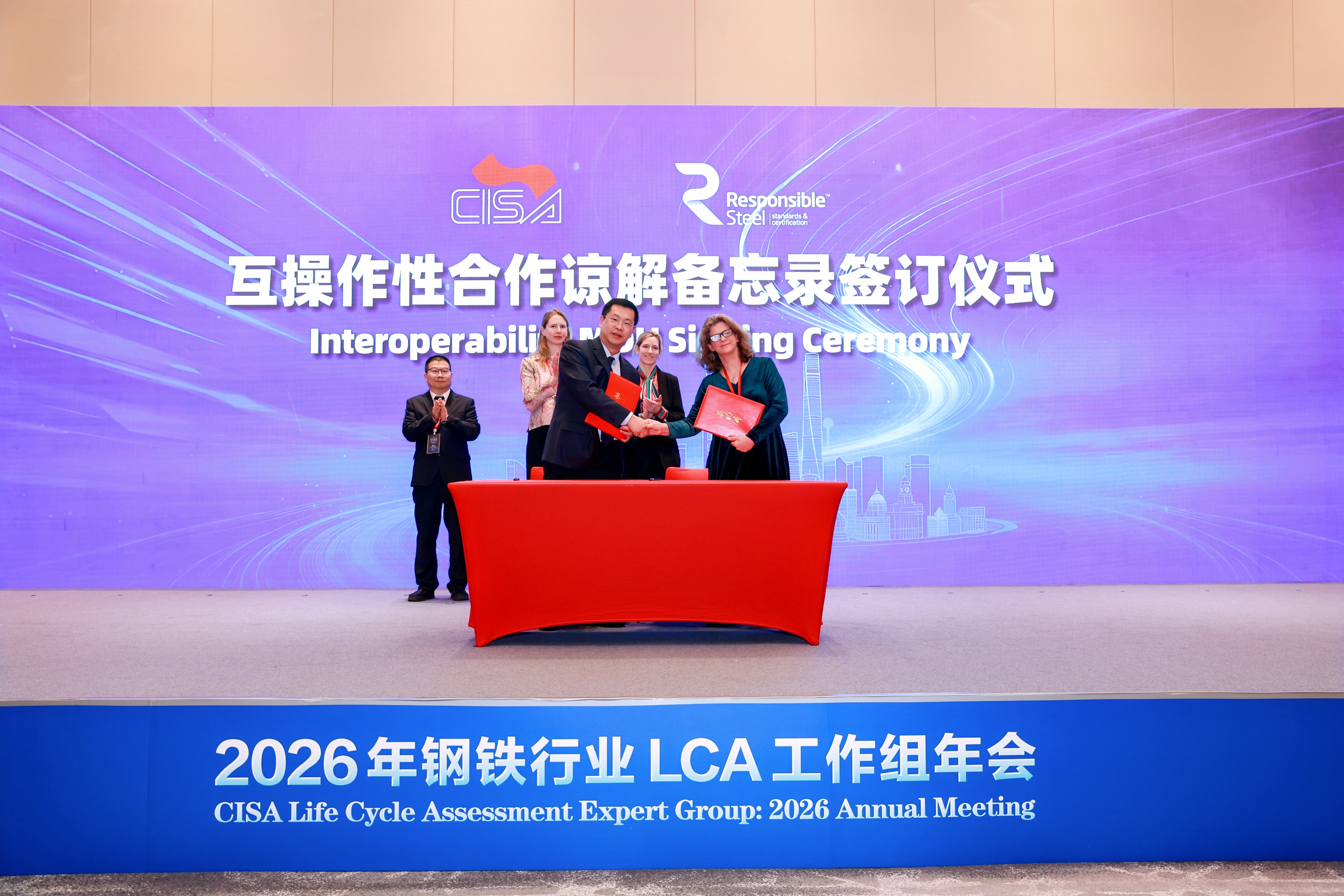
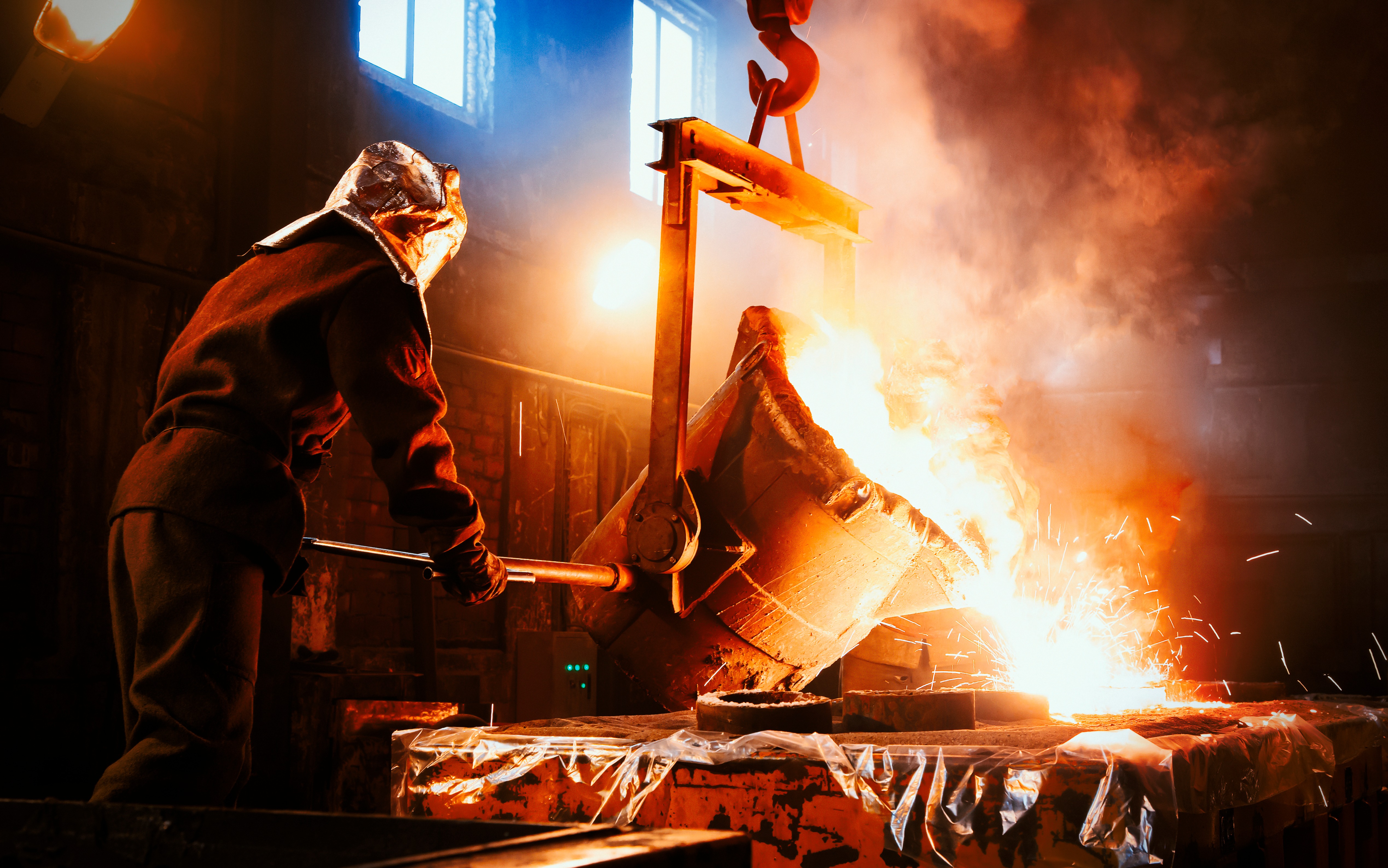
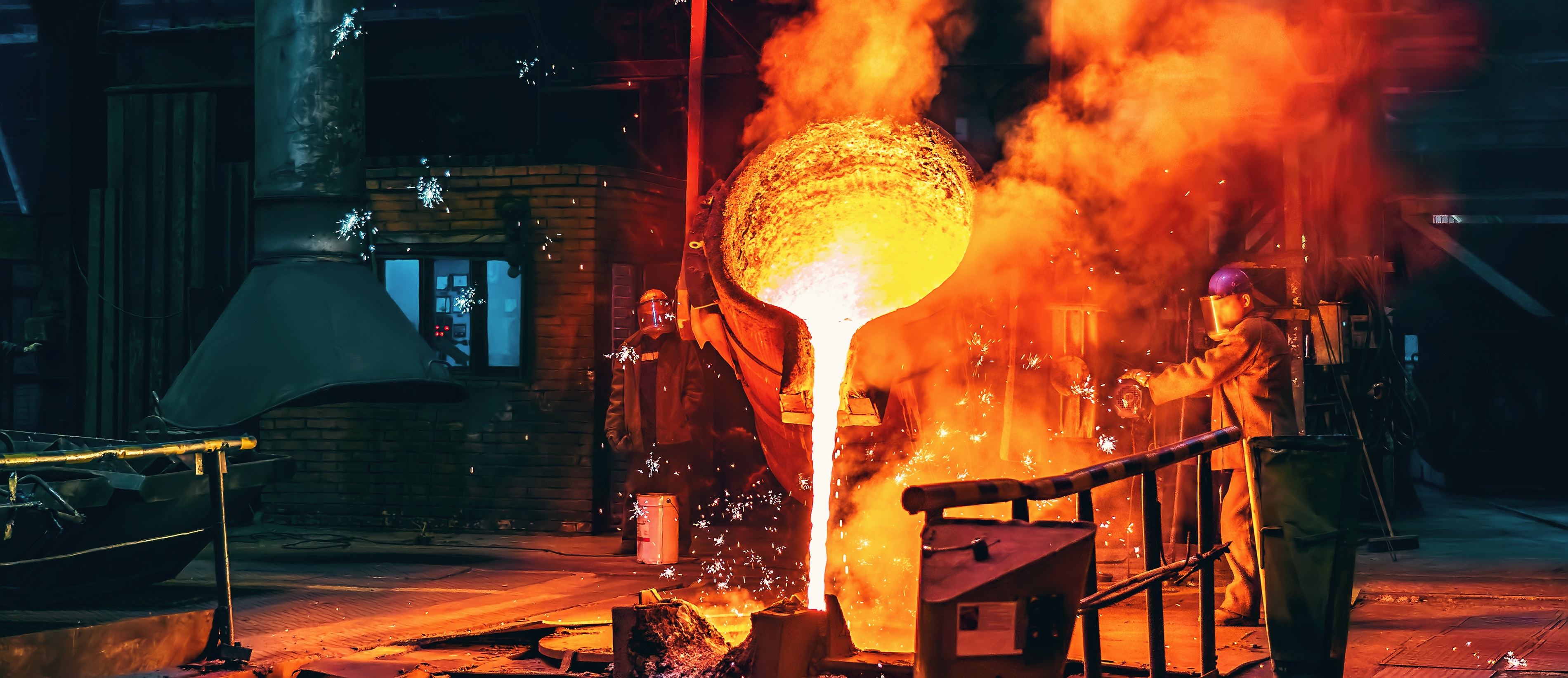

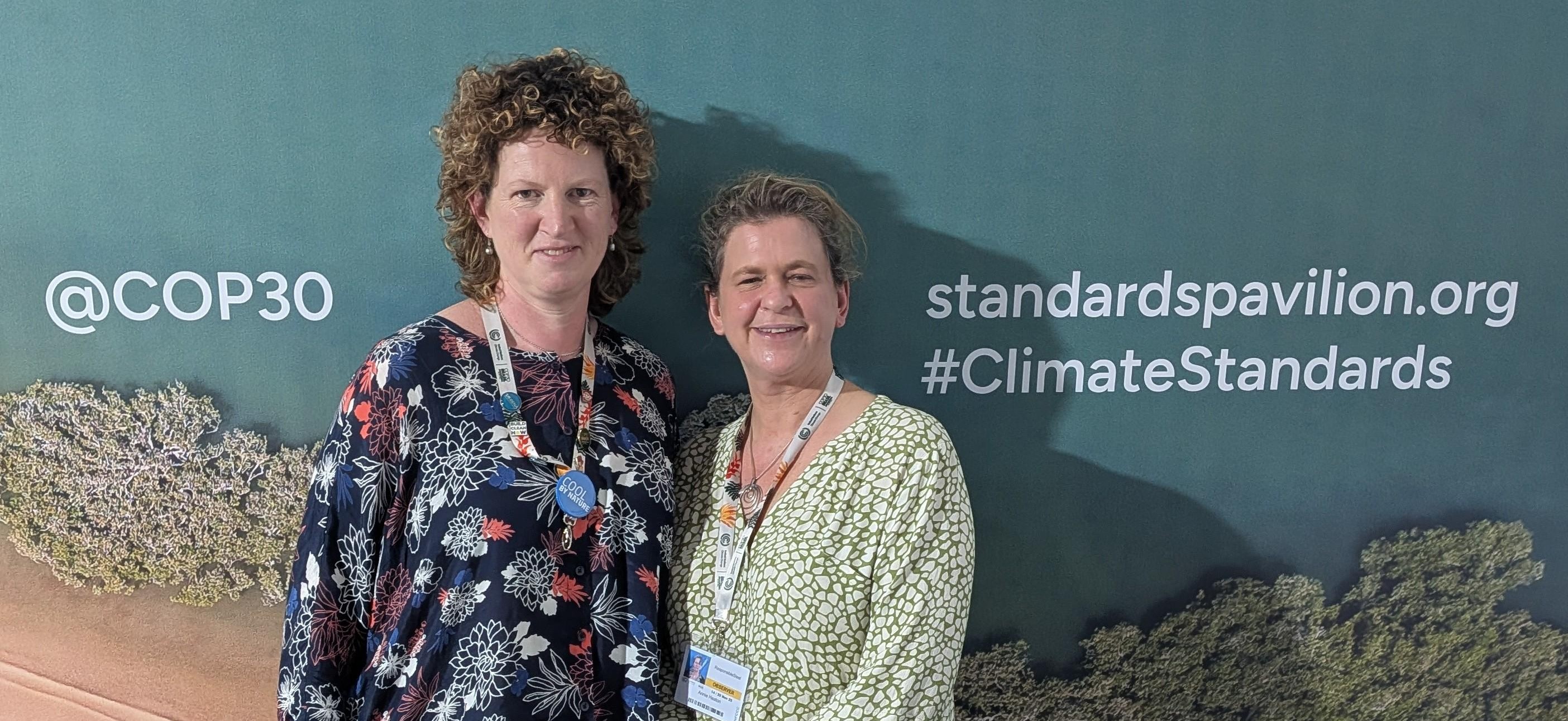
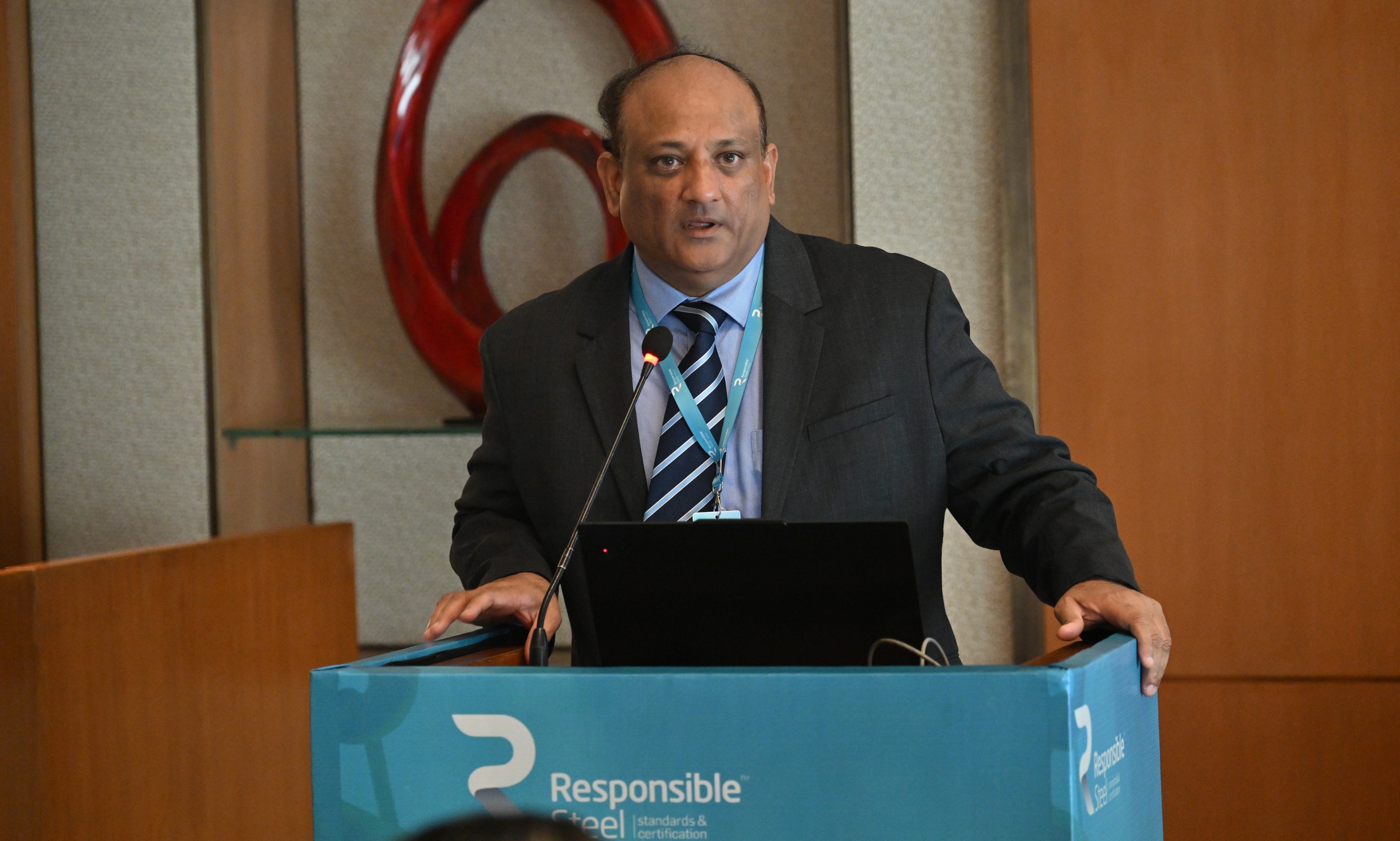
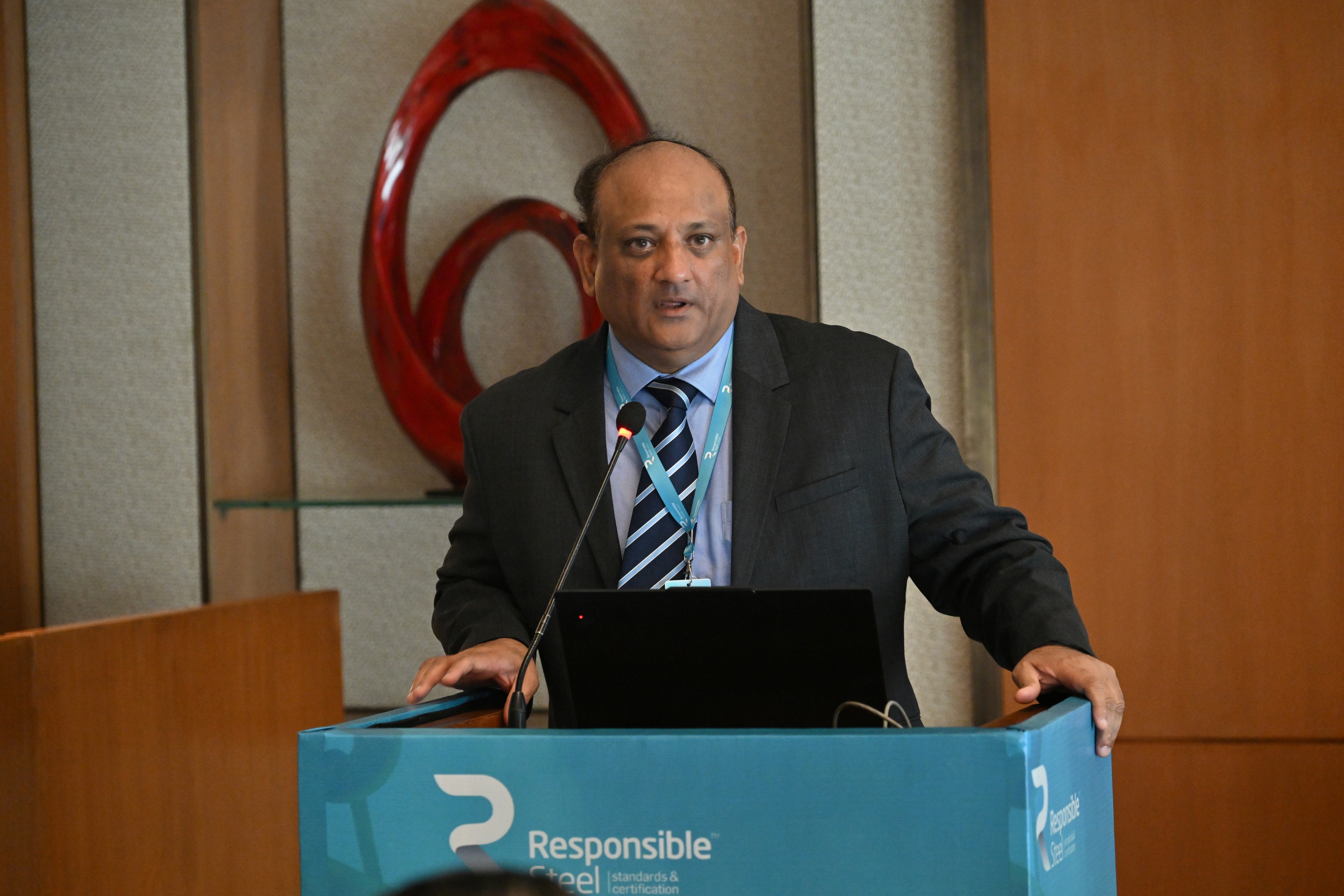
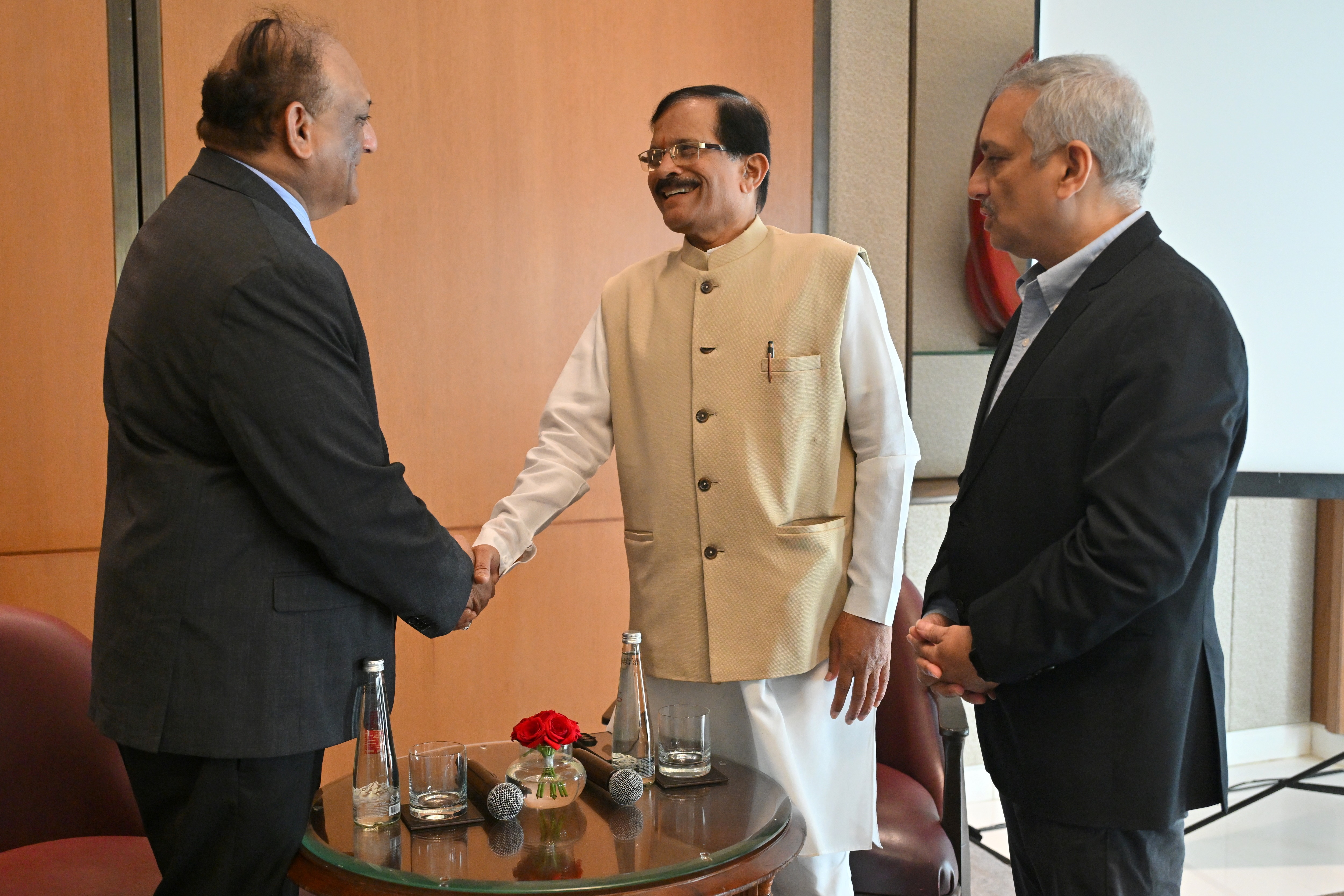
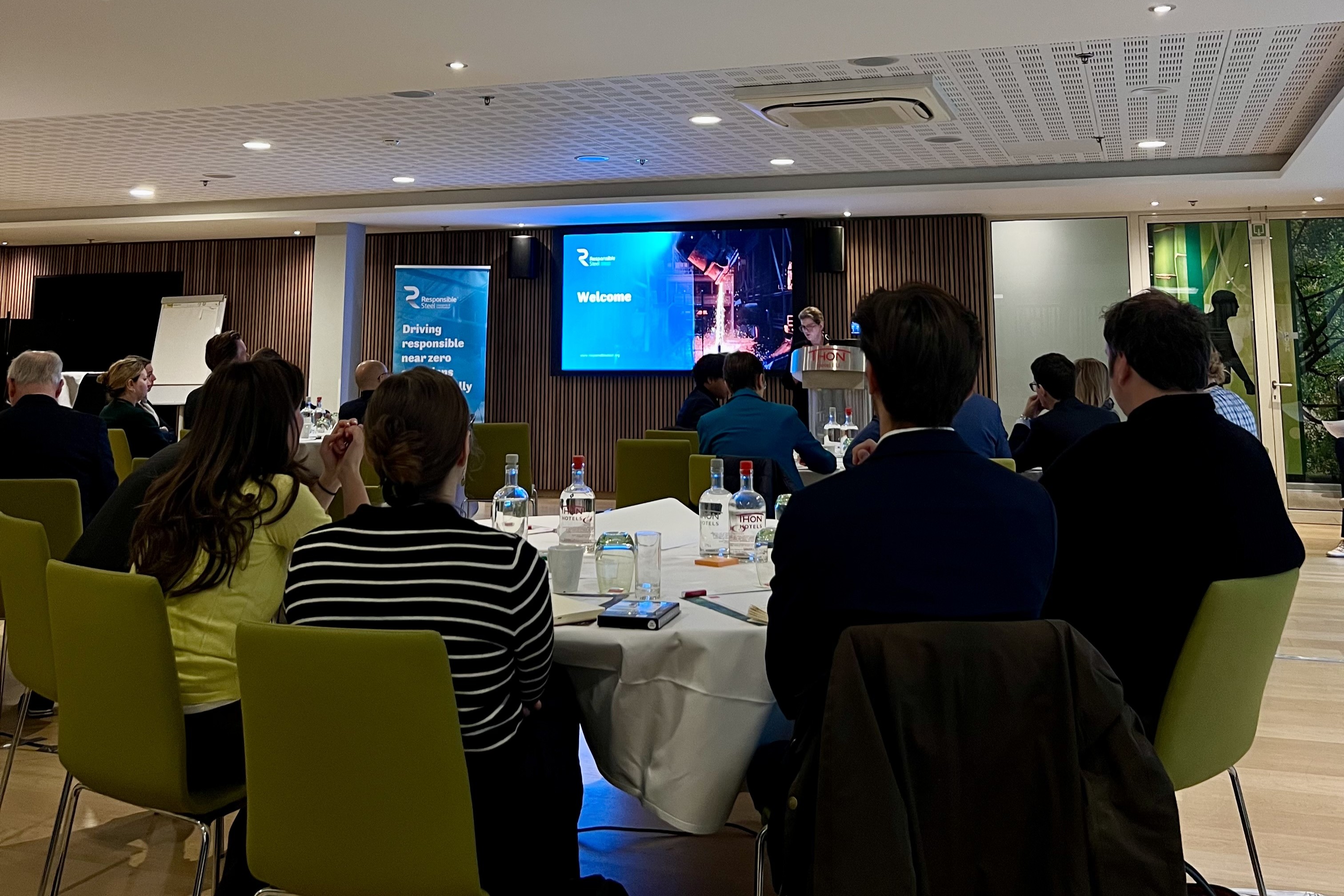
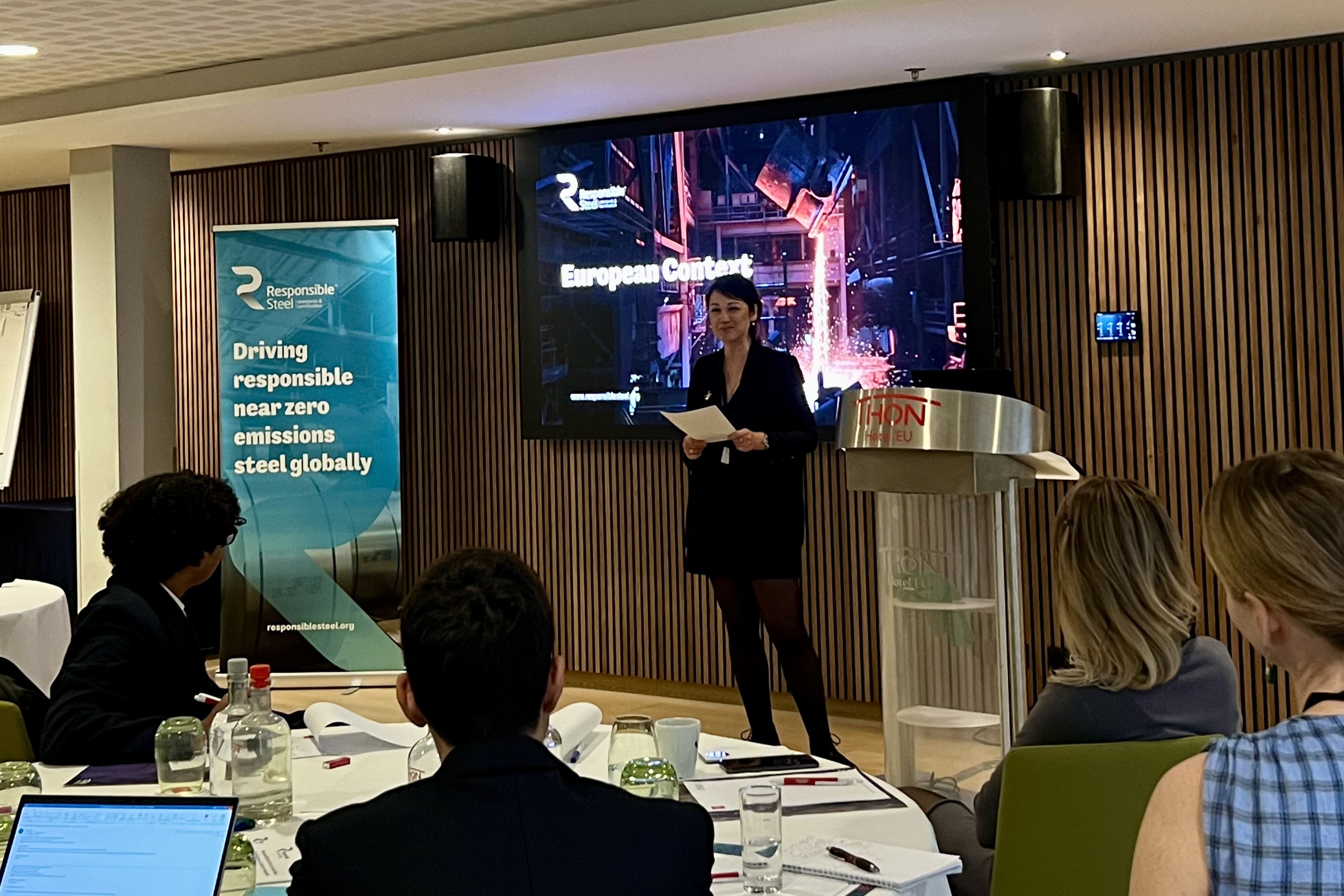
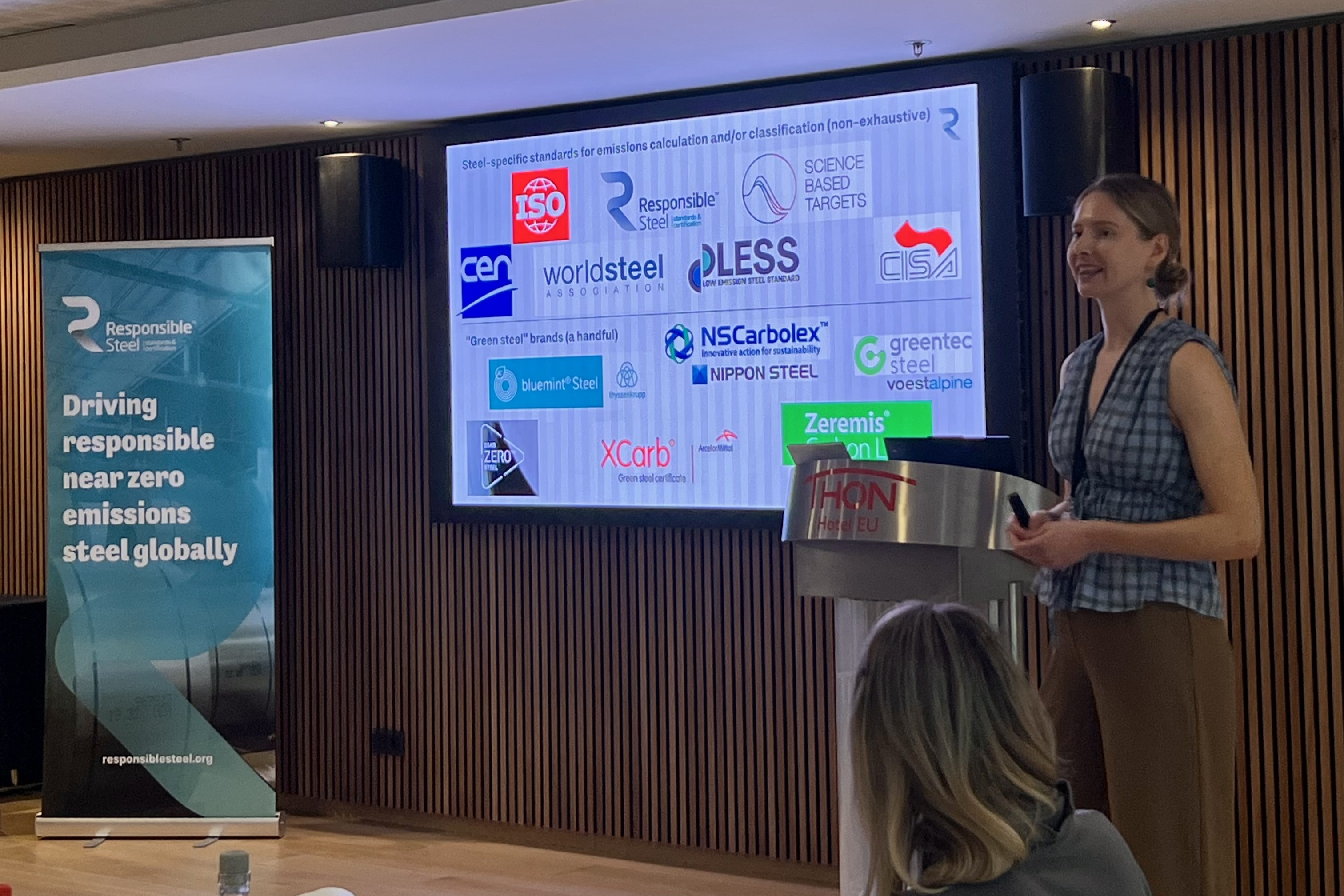
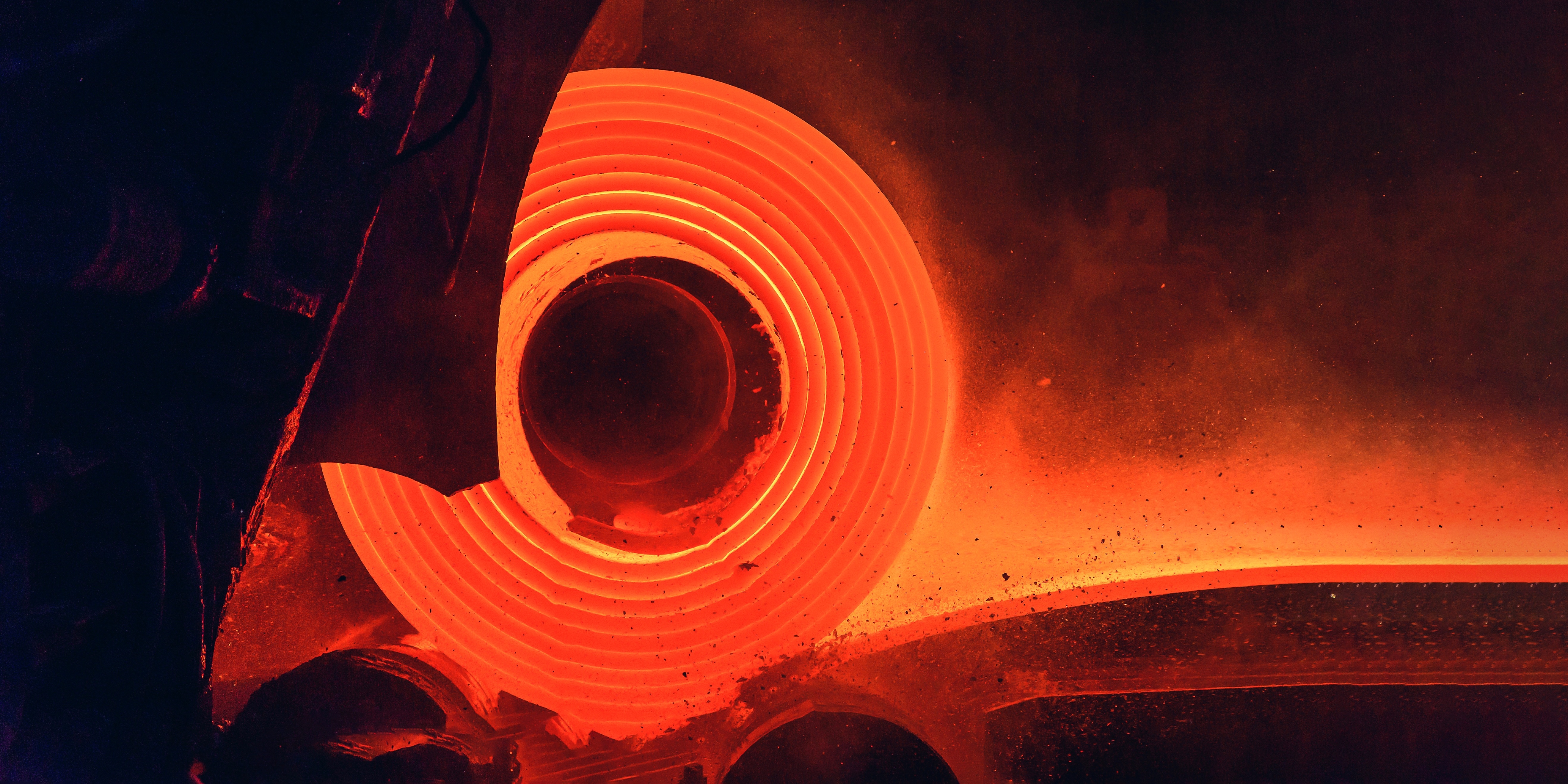
.png)
